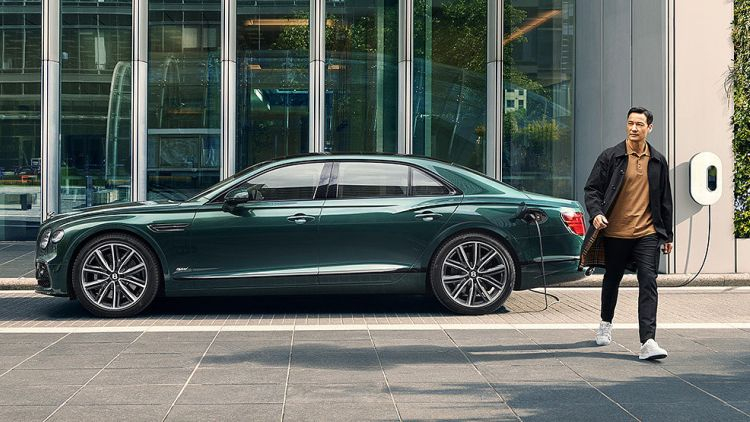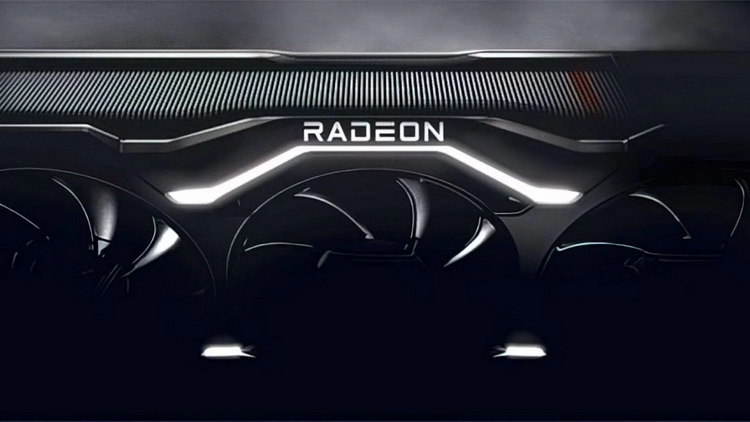
Spurred by new global environmental initiatives, the migration to electric vehicles poses serious challenges to carmakers in different countries, which cannot always be answered with standard solutions.The UK, due to its geographical isolation and historical tradition in car production, will be painful and slow to migrate to local production of traction batteries.Image source: Bentley MotorsThe specifics of traction battery production, which are quite bulky and heavy in finished form, and quite dangerous to transport, force car manufacturers to actively move towards localization of lithium battery production in the vicinity of the car assembly plant.In the case of Great Britain, this process is exacerbated by the need to refuse imports of batteries of Asian origin for economic reasons in some perspective.Experts predict that the British car industry will need at least six large plants for the production of traction batteries for electric cars if the current volume of vehicle production is maintained.In order to produce about 3 million cars a year, the United Kingdom must locate on its territory by 2035 companies capable of producing traction batteries with a combined capacity of 175 GWh per year.By the end of this decade, this figure should reach 56.9 GWh, but local companies are still very far from this level.Nissan's Sunderland site produces batteries with a cumulative capacity of no more than 1.9 GWh per year.In cooperation with China's Envision AESC, the Japanese automaker expects to build another plant to produce batteries with a total capacity of 9 GWh per year with the prospect of expanding to 25 GWh per year.Britishvolt intends to localize the production of 38 GWh per year.This is considerably less than the figures set by other countries in the region.British automakers sell the bulk of their products in continental Europe, so from 2027 it will be difficult for them to supply this market with electric cars based on batteries that are not manufactured in Europe or Great Britain.However, the supply of finished batteries from the UK to European car assembly plants will also not be particularly profitable, so British automakers find themselves in a difficult situation.A similar situation arises in the case of European-made batteries being exported to the UK.Only manufacturers of expensive electric cars like Bentley, which relies on supplies of Northvolt batteries from Sweden, will be able to justify such logistics.Representatives of the company even told Reuters that the problem of the British car industry is the diversity of the model range of cars.Each type of electric car requires batteries of its own size, and it is not possible to localize their production in the country while maintaining profitability.Bentley believes that it would be more reasonable to unify the sizes of its batteries following the example of French brands to produce universal power sources for electric cars in Great Britain.The second native British carmaker, Jaguar Land Rover, now owned by Indian investors, has not yet decided on a source of traction batteries, but claims that they will be supplied from India as well.BMW is going to supply British-built Mini electric cars with batteries sourced from Germany by the end of the decade.British carmakers provide about 170,000 jobs in the country, and if the industry fails to meet the challenges of electric migration, they could be lost.


0 Comments